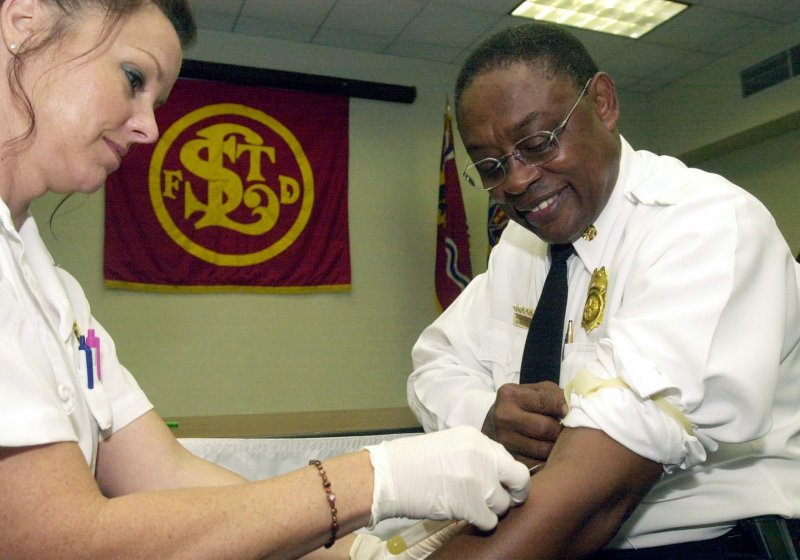AMSTERDAM, Netherlands, April 25 (UPI) -- Extended use of the drug sofosbuvir resulted in a high cure rate in two subtypes of hepatitis C that account for 25 percent of U.S. cases, researchers say.
Lead investigator Dr. Ira Jacobson of Weill Cornell Medical College said 207 patients enrolled in the clinical trial of sofosbuvir, known as POSITRON, because they either did not respond to interferon, could not tolerate it or were unwilling to use it, even though no other treatment options were available to them.















